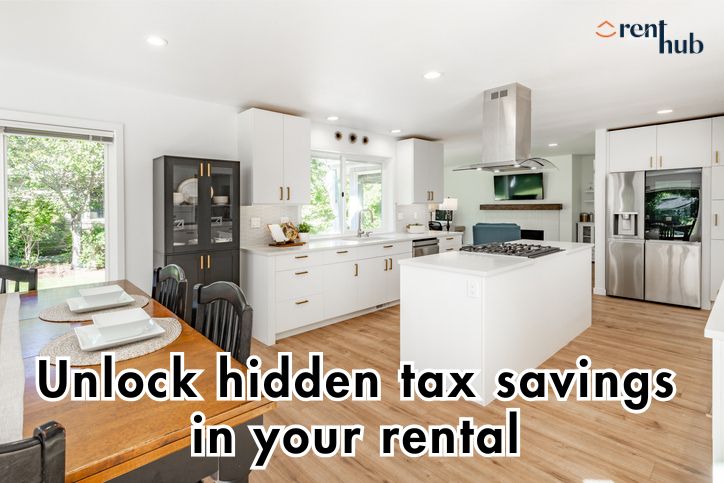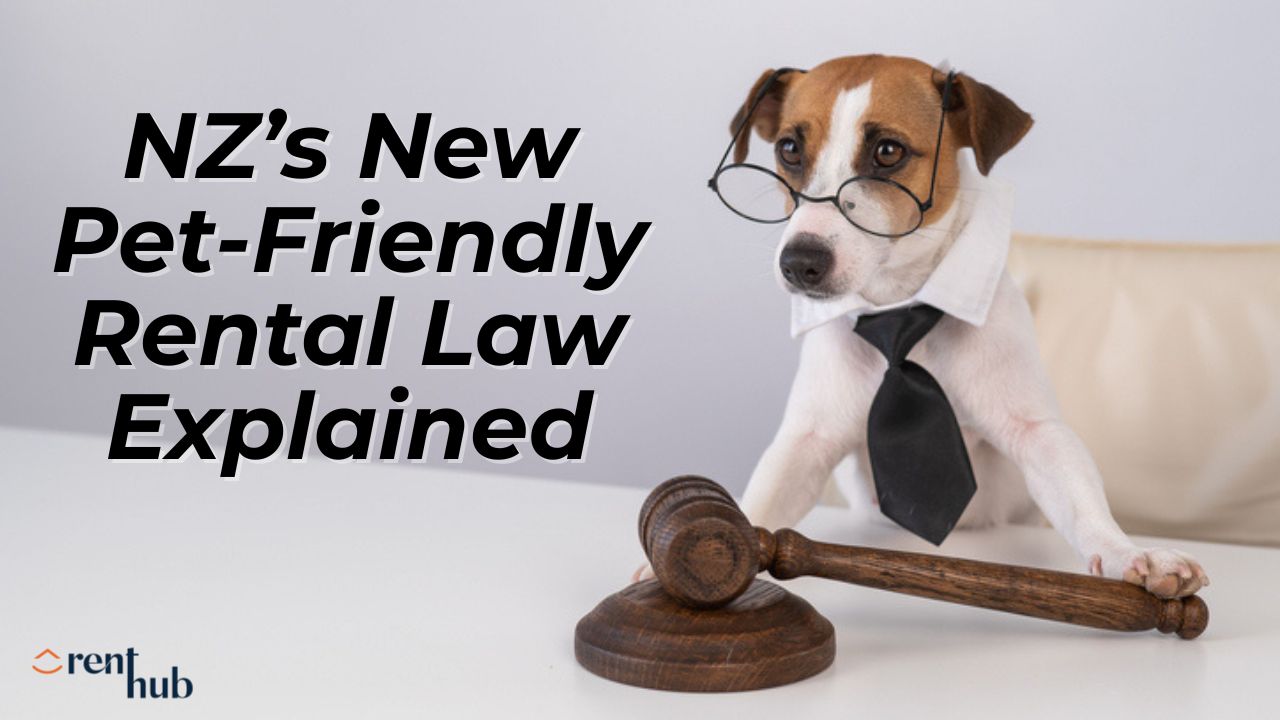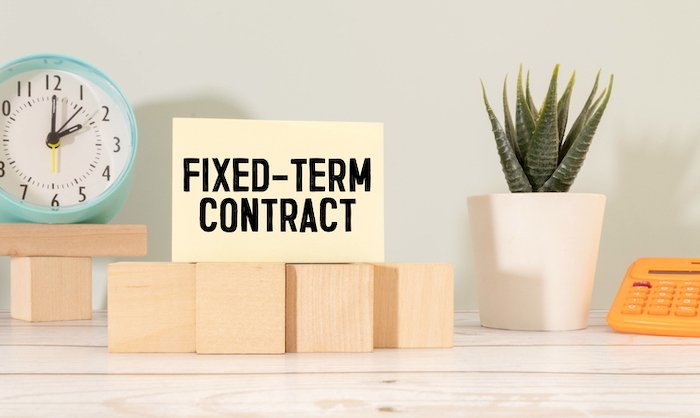Navigating your way through Covid-19
We understand that as a landlord you can’t just stop paying your mortgage, insurance, rates and other expenses that are needed to run the property So what do you do when your tenant calls to say they aren’t able to pay the rent?
Be prepared:
Winging it and making decisions as you go usually results in bad decisions being made so step one is to have a written down plan for how you are going to talk with your tenant when they call, take some time out to revisit your own situation, and see if there is any wriggle room in your capacity to give your tenant some leeway with their rent if needed. If you don’t have that wiggle room don’t feel pressured to agree to something that you can’t afford. By reviewing your own financial situation before you get ‘the call’ and having a plan you will know what you can or can’t do.
Contact your tenant’s:
Forearmed is forewarned. Phone your tenants to check how they are doing and ask if their income situation has changed. Many landlords think that by doing this it will be a trigger for a tenant to ask for a rent reduction/holiday. In my experience the exact opposite is the case. The tenants are really appreciative of the call and by finding out in advance about their situation you will then know if there could be an issue coming up with non payment of rent.
Empathise with your tenant:
Listen to your tenant and show kindness and reasonableness. Understand that Covid-19 is an event that has knocked the wind out of the sails of many thousands of people, empathise with what they are going through and consider people before profit during this time. Having said that yes you still need the rent paid.
Ask questions:
Ascertain what your tenants actual situation is so that together you can figure out what the best course of action is. Questions to ask could be:
- Has your employment been impacted now as a result of Covid-19 or is it something you can see becoming a possibility in the future?
- Have you lost your job completely or are you working reduced hours?
- How many hours have you lost?
- Has your employer applied for the subsidy the government is offering?
- You’re self employed, did you know that you can apply for the government subsidy?
It may be that they are calling you to let you know that there is the possibility of their job being in jeopardy at some time in the future but currently they are being paid. If this is the case there’s no need for a change to their rent right now.
If they have lost their job or lost hours, then it’s time to establish what financial impact this has had on their household income.
Explain that rent is still due:
For as long as there’s been tenants and bills to pay people will pay the bill that gives them the greatest consequence of NOT paying. In other words they may be struggling to pay their bills, however in all likelihood, most probably they will be able to pay some of their bills. Your tenant is going to have to make some serious decisions about what bills get paid and what don’t. So after talking and empathising with them it’s still important to let them know that the rent is still due.
Give your tenant their options:
Once your tenant understands that the rent is still due now is the time to help them navigate this difficult, challenging and stressful time. Do this by giving them the options that are available to them. They may be unaware of the different ways they could come up with the rent.
Payment plan
This is the worst case measure to only use for when your tenants aren’t able to pay their rent not when they call to say they are not sure they will be able to pay.If they have exhausted all their options, they are a good tenant and they just can’t pay their rent, this is where your plan comes in. Ask each tenant how much can they can pay towards the rent? Chances are if they can’t pay all their rent they may well be able to pay some of their rent. Say their rent is $500 per week and they can pay $300 towards the rent, accept the $300 and allow the tenant then to opt into a payment plan spread over a number of weeks or months.
IMPORTANT:
Once you have agreed to a plan follow up in writing what you both agreed to. This is critical as if the worst case happens and you end up in tribunal you must be able to prove the steps that you took to work with the tenant for the rent to be paid.
Other options to consider:
Some other things that may be possible are:
- Talk to your insurance company to see if your policy covers loss of rent. With some insurance company’s if the property was vacant at the time of lockdown, you had a new tenant due to move in and they aren’t now moving in due to the lockdown it may be claimable under your insurance policy as an absconding tenant.
- if you are paying Principal & Interest on your mortgage approach your bank to see if you are able to pay Interest Only for a period of time.
- Instead of offering a rent reduction to your tenants during this time another idea is to offer vouchers instead. Often tenants may find it hard to bring their rent up to what they were paying once things start to come back to normal so vouchers is a way of helping without it impacting on the weekly rent payment.
- If you are a business owner the government have announced that businesses can apply for subsidies here
Make your tenants aware of this so that they can then in turn talk to their employer if their income has been effected.
If they are self employed they can also apply for the grant. Go here to apply.
They may also be eligible to apply for an accommodation supplement. Go here to apply.
They may also be eligible for temporary additional support by applying here



